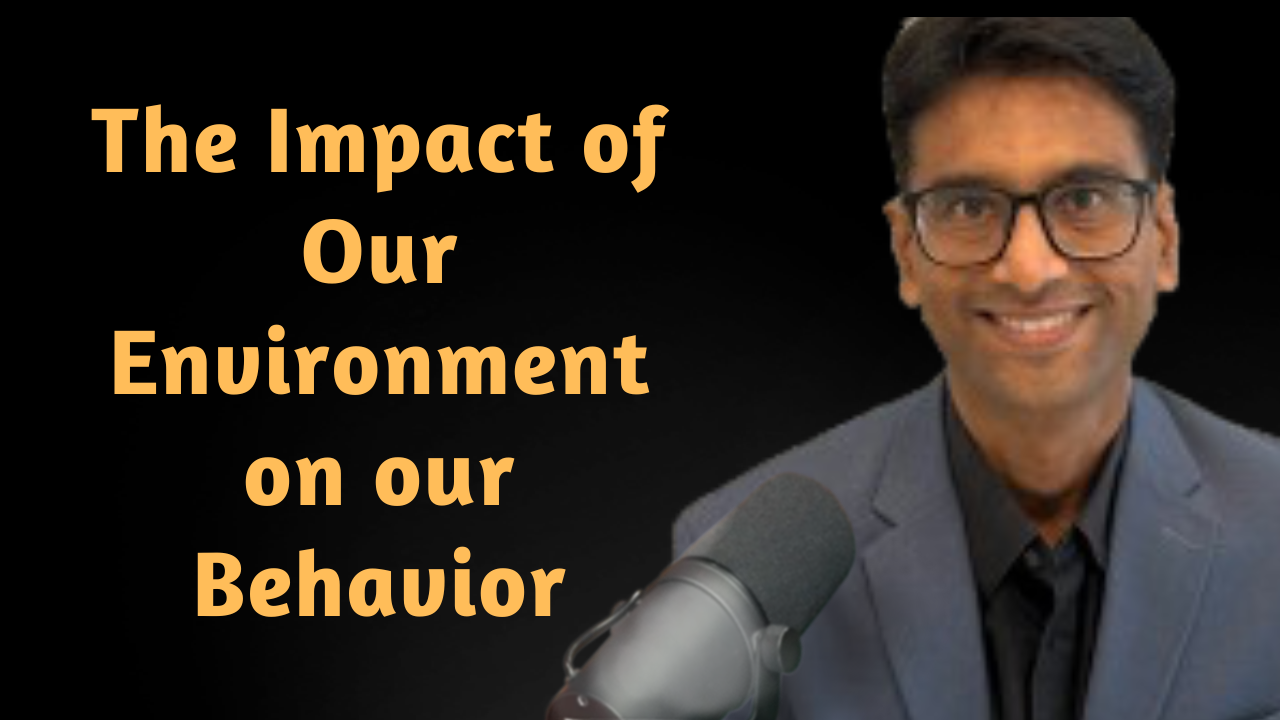Imagine that you are a piano virtuoso and are invited to play in a series of live concerts all through summer in a different country.
So, what do you do? You practice your part diligently and are excited and ready to perform your piece.
Due to some reason, you have not been able to practice with the entire orchestra, but that doesn’t matter much as the orchestra and yourself are professionals and know your entry’s exits and more importantly, the conductor of the orchestra can take care of that.
So, you go on stage all prepared and the orchestra starts… And to your horror, you realize that they are playing a different piece from the one that you had practiced and rehearsed.. What would you do?
This was exactly the situation that Maria Joao Pires found herself in.. Watch what happened next:
Though she was not prepared to play the piece that was being played, she ended up playing her part without any mistake…
Lets try to deconstruct what happened here:
- As soon as she realized that the piece that they were playing was not what she had practiced, she jumps up and tells the same to the conductor..
- She feels horrified that she might not be able to play the piece..
- The conductor then smiles at her and comforts her and tells her to go ahead and play anyway.. He is sure that she will play it perfectly..
- Then she takes a few seconds to collect her thoughts.. Her self-doubt is now replaced with some confidence as she starts thinking about the piece that is being played..
- And when its her turn, she starts playing without missing a beat.. This is when her muscle memory takes over (as at some point in her career, she had indeed practiced this concerto).
I think there are a few very interesting leadership lessons here if we want to learn from the incident:
- As leaders, we need to have total confidence in the ability of people in our team and should back them up fully.
- In order to have this confidence, we need to hire the best talent that we can find and continue to train and help the team continually improve their standards.
- Understand that the show must go on. Even if someone on your team makes a mistake, just take it in your stride continue.
What is more important is the learning opportunity that such an incident provides:
- I am sure that Maria would now ensure that before going on stage for a live performance, she would practice with the rest of the orchestra or at least talk to them about the piece that they are going to perform on stage.
- I am sure that if I were the orchestra’s conductor, I would also try to find out why this happened. Where was the gap in communication and fix the same for all future performances.
True learning happens when we are in vulnerable situations. Such learning never leaves us.
The question is do we allow such vulnerable situations to happen? Our behavior in one such moment shows our entire teams if this is ok? If this is not Ok, you will find that in situations like that, the teams will choke and we will fall short of the desired performance.
What did you learn from this incident?




2 thoughts on “When Does True Learning Happen?”
Reminds me of an incident long ago in a famous automotive company. Workmen who were to be promoted had to take a test that also had some math. There was one particular employee who used to always get a particular problem (that was the meat of the paper) wrong. Finally, he mugged up the answer and went prepared to the test. But as luck would have it, they switched the paper!
Our man never gave up. He wrote down the old question and the flawless answer he had memorized. Yup, he was promoted. Finally!
Comments are closed.